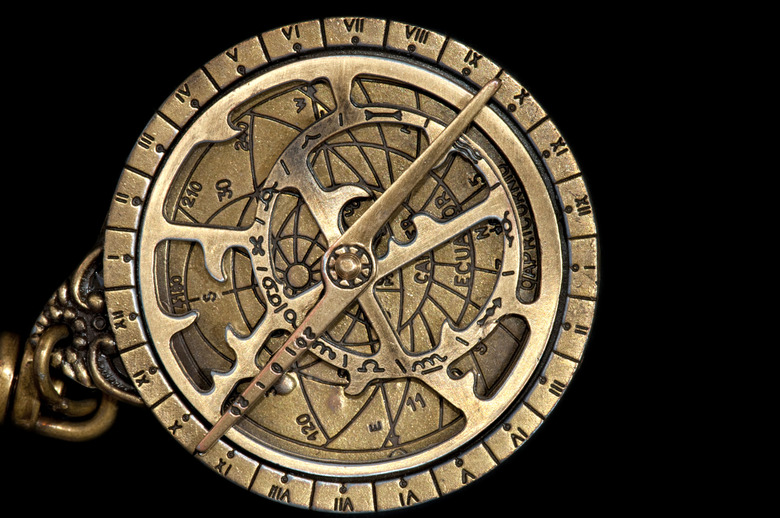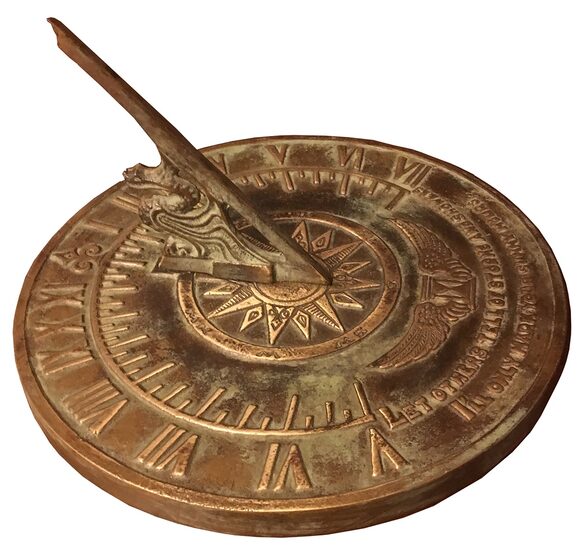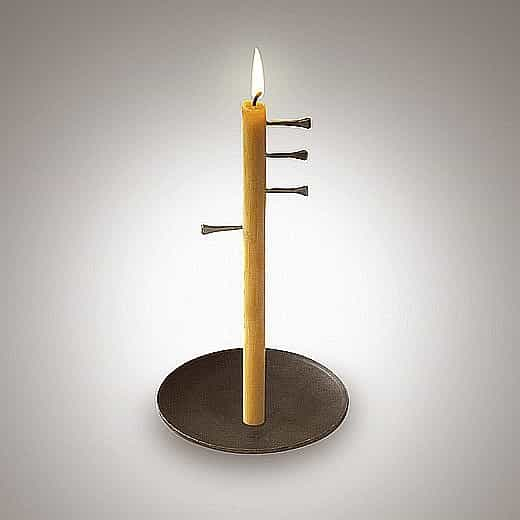
The Astrolabe
The Astrolabe was widely used by Islamic scholars in the medieval period to determine latitude, time, and to help in navigation. It was crucial in advancing the science of astronomy and timekeeping.

The Astrolabe was widely used by Islamic scholars in the medieval period to determine latitude, time, and to help in navigation. It was crucial in advancing the science of astronomy and timekeeping.

Sundials were adapted and improved during the medieval period, particularly on churches and cathedrals. These devices were used to mark prayer times and structure daily life around religious practices.
The Mechanical Clock was one of the greatest medieval innovations, first appearing in the 14th century. These clocks used gears and weights to track time, revolutionizing public timekeeping in towns and churches.

Invented by Alfred the Great, the fuel combustion clock burned candles or oil to measure hours. These were commonly used in monasteries to divide the day into prayer times.